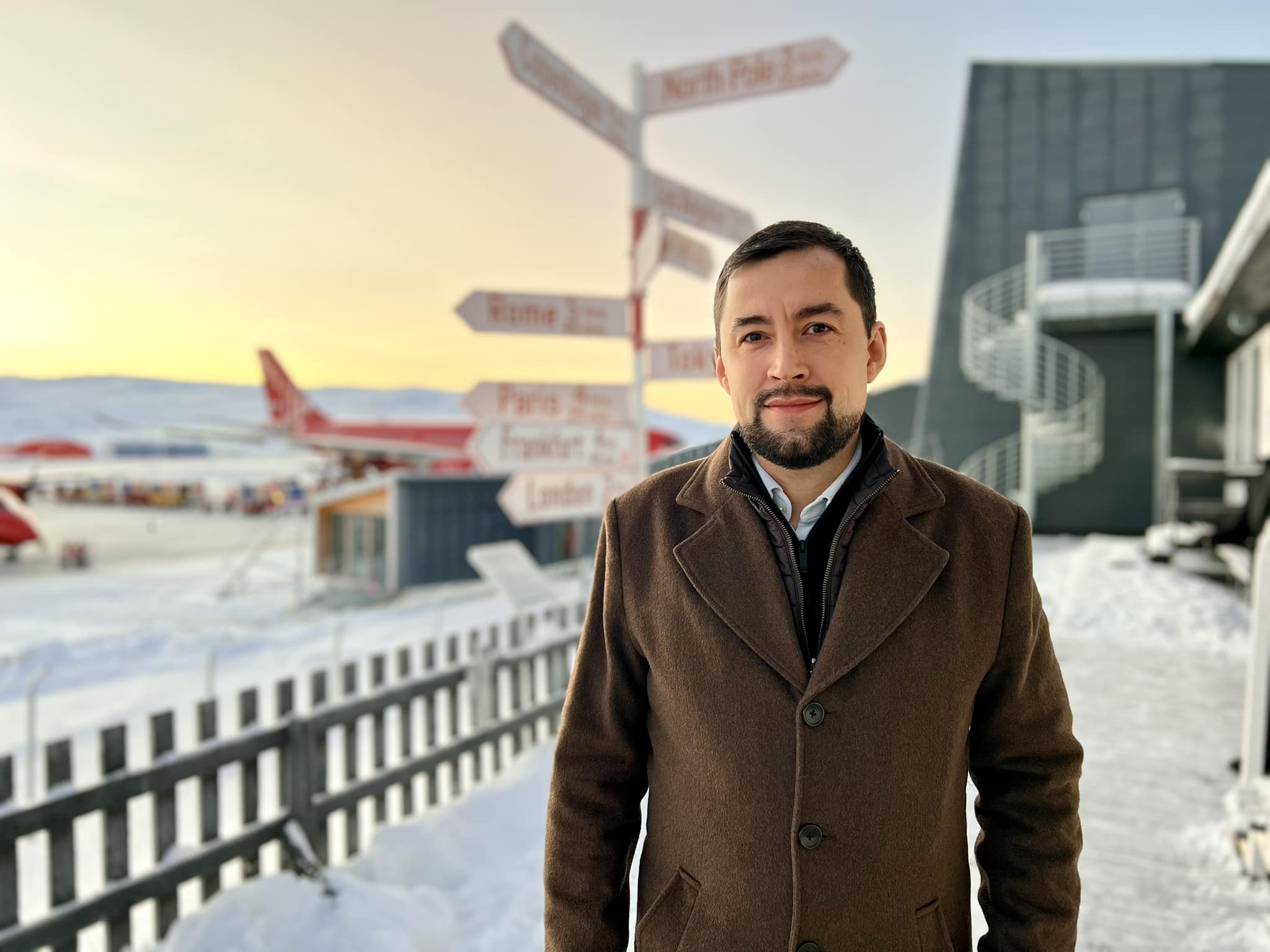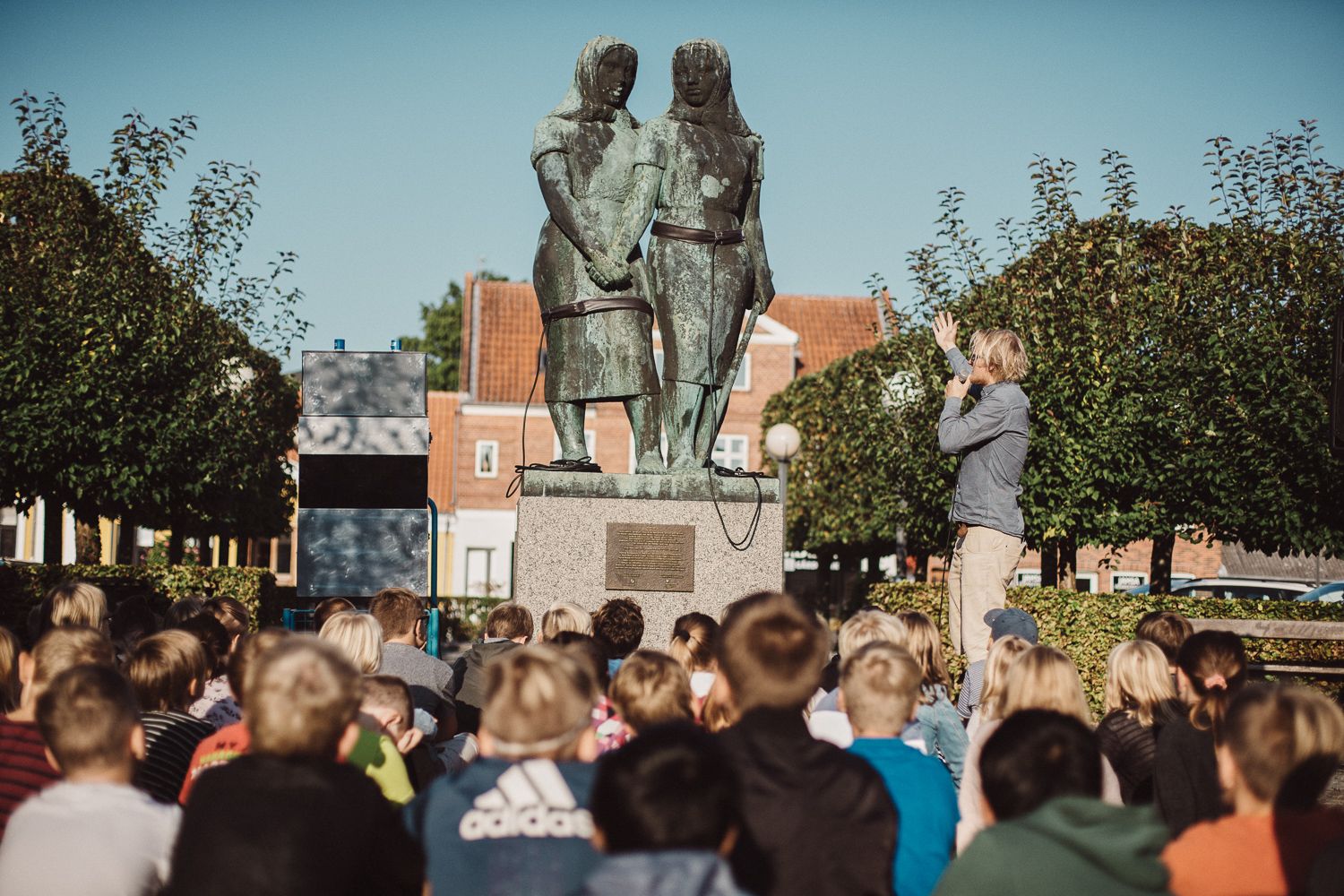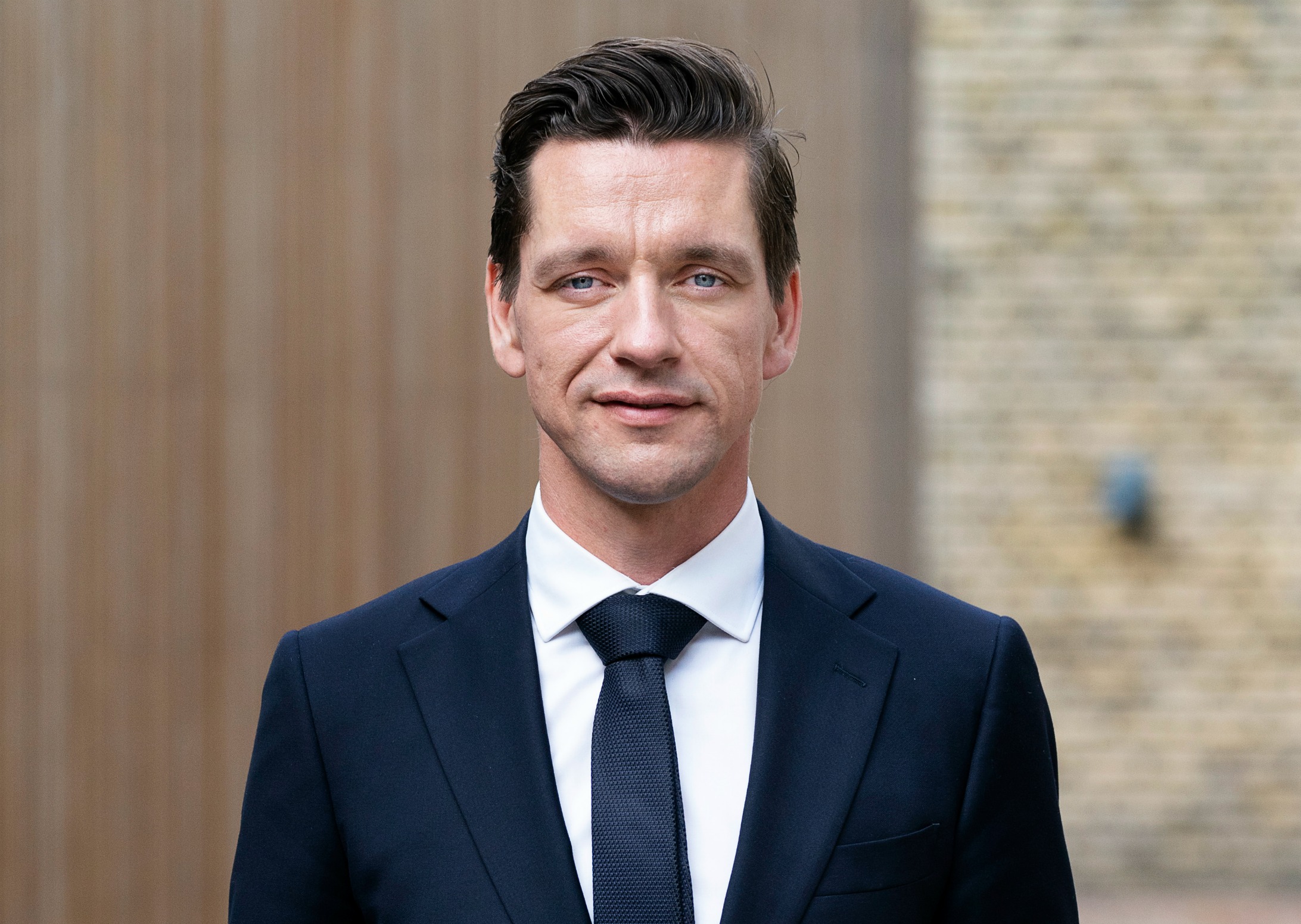Long before ‘Borgen’, and even ‘The West Wing’, came ‘House of Cards’, a 1989 British political thriller that was first adapted by the BBC into a TV series in 1990, and then earlier this year for the US market by Netflix.
Michael Dobbs wrote ‘House of Cards’ on holiday shortly after the 1987 British General Election, during which he served as Margaret Thatcher’s chief of staff. The writing process was meant more as personal therapy to start with.
In doing so, Dobbs created a monster – Francis Urquhart (Underwood in the US version, as played by Kevin Spacey), the party whip with designs on the highest office – and a bestseller, and the rest is history.
In town to promote a re-edited version at the Copenhagen Book Forum – with a new ending following a request from his Danish publisher Gylendal – The Copenhagen Post took the opportunity to talk to Dobbs about political dramas, Nordic Noir and his current projects.
What was it like rewriting your book and changing the ending so many years after you wrote the original?
I didn’t think about it being part of my life 27 years later, and it was perfectly legitimate to do it one way or the other. Painters often go back and rework their paintings, and musicians and composers are constantly changing and adjusting things, cutting out and adding things, so why can’t writers do that? Shakespeare was constantly rewriting his plays.
What made ‘House of Cards’ a success: from book to TV and from Westminster to Washington?
One of the problems when people hear ‘political novel’ is they think it’s about politics, but it is not. It’s about people. It’s about wonderful hugely dramatic characters set against the most intriguing backcloth that you can possibly imagine: power. For instance, take ‘Borgen’. It has been a huge international success, but I don’t think it’s because of the world’s interest in the ins and outs of Danish coalition politics. It’s about the characters. It’s about these wonderful people and how they relate to each other, and it’s exactly the same with ‘House of Cards’.
‘House of Cards’ seems much more cynical than ‘Borgen’, and Francis Urquhart is almost evil – what drives your main character?
All political drama is driven by the thirst for power, but it’s much more nice and sweet in ‘Borgen’ and ‘The West Wing’ than it is in ‘House of Cards’, which was written at a time when the Thatcher era was coming to an end – a very cynical time in British politics. Whereas in American politics during the Bush years, ‘The West Wing’ was flourishing because people wanted to see something that was an antidote to what was actually going on. Nowadays in America, all of that being sweet and nice to each other has fallen apart. America has never been more deadlocked, more negative. I think that cynical mood is right for something like ‘House of Cards’ and Francis Urquhart, and it sits better in the times of today than it would have done ten years ago.
What do you think of Nordic Noir drama series?
I absolutely love them. In America at the moment, they are making some of the finest television we have ever seen, but they are spending huge amounts of money on it because it’s a vast industry, whereas here in Scandinavia you don’t have those budgets. What you do have is great creativity, and even though at times you can see it’s not a vast budget that goes into ‘Borgen’, it doesn’t matter because the essence is that they are both based on great characters, and it’s great characters that drive drama.
What makes a great character?
It is probably the most difficult part of a drama: to get those characters right in the first place and then be able to follow them through in a way that’s credible and engaging. Everybody remembers Sarah Lund from ‘The Killing’, but what did she do? I can’t remember, but she was this wonderful character, and the sweater was a lovely touch. That sweater helped her become a real person and not just a cardboard cut-out. If a character is going to be successful on the written page, people have to believe they are real.
You are currently working on a new TV series with Adam Price. How’s that going?
I can’t say too much about it, but Adam is a brilliant writer, so he’s doing most of the writing, but it’s based on my concept so we just get together to chat. The dialogue becomes even more important in television, and also television is a much more co-operative medium because you will not just have the words of the script, you will have the direction of it, the production of it, the acting of it and all of those inputs will make a difference to the final outcome, whereas when the author has typed ‘the end’ at the end of a book, that is it … unless you go back 27 years later and rework it a little bit.













